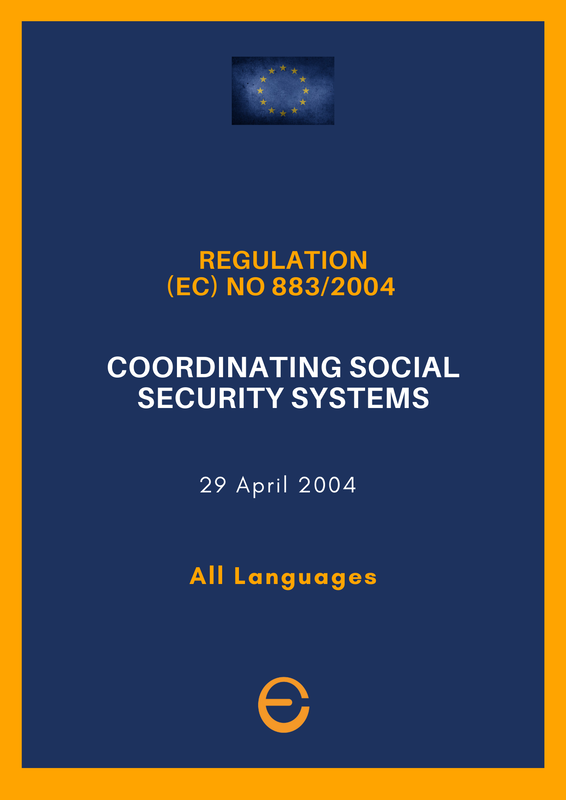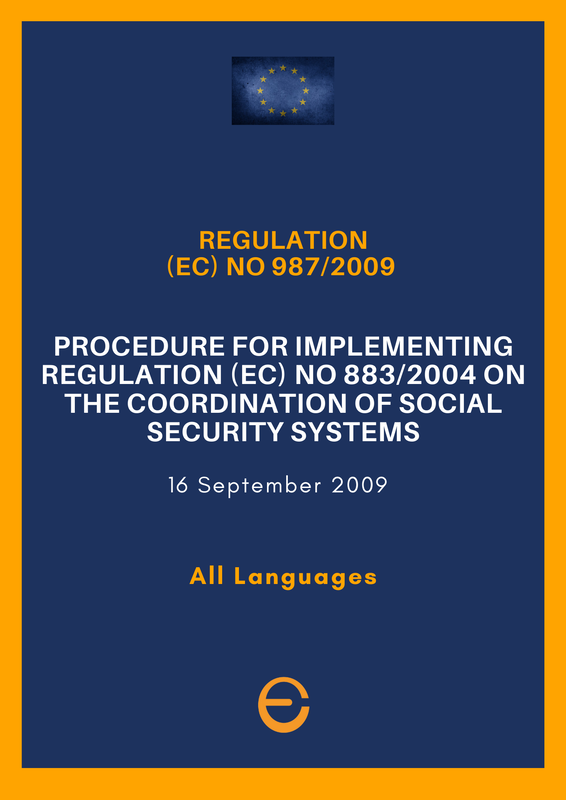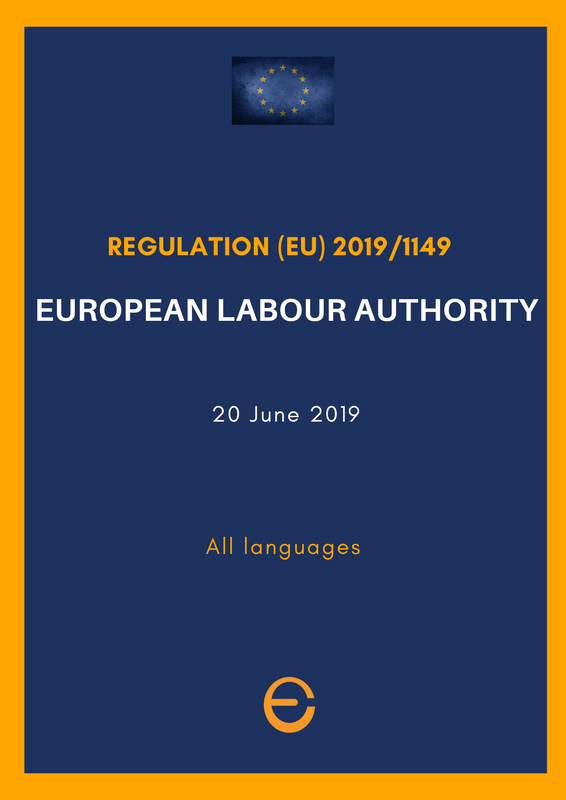EU SOCIAL PILLAR
Chapter III
Chapter III
13. Unemployment benefits
"The unemployed have the right to adequate activation support from public employment services to (re)integrate in the labour market and adequate unemployment benefits of reasonable duration, in line with their contributions and national eligibility rules. Such benefits shall not constitute a disincentive for a quick return to employment."




